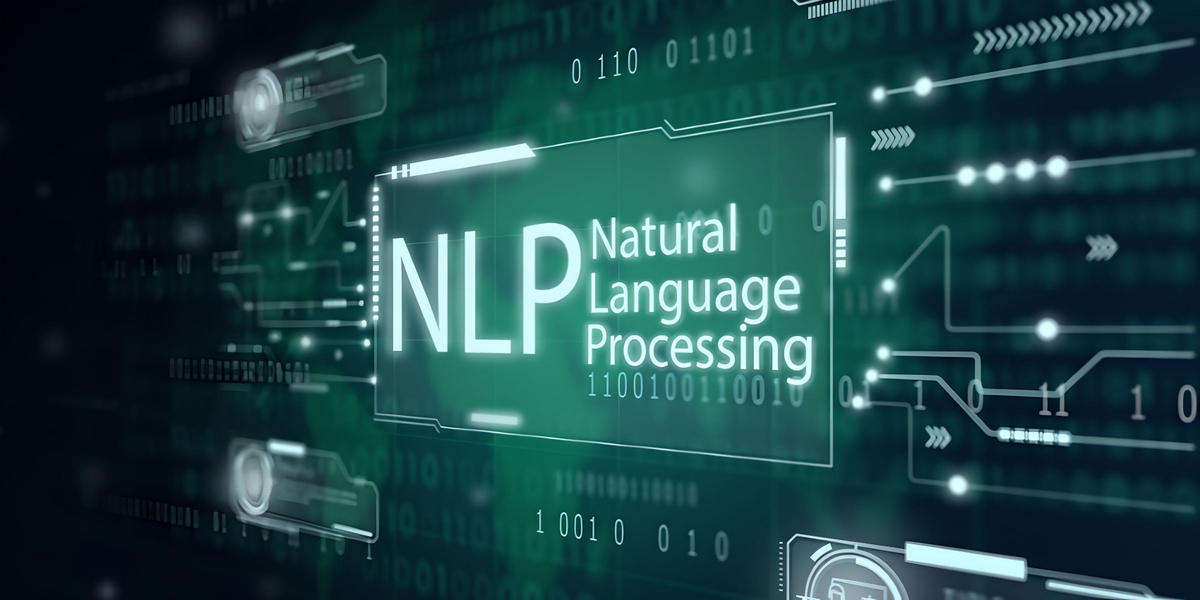NLP in Legal Analysis and Legal Documents
NLP, or Natural Language Processing, is an area of artificial intelligence that has found wide application in various fields, including legal analysis and the creation of legal documents. By leveraging advanced NLP techniques, lawyers and legal experts can significantly streamline their work and reduce the time required for information processing and legal document preparation.
NLP in legal analysis enables the processing of large volumes of legal texts to identify and extract key information. This helps shorten the time spent on manual document review and analysis while uncovering important relationships and patterns that may be relevant to legal processes. For example, NLP techniques can be used for automatic indexing and classification of legal documents, facilitating the search for specific information among thousands of documents.
Another example of NLP application in legal analysis is the automatic recognition of named entities such as people's names, company names, and dates. This can be useful in contract analysis, where identifying key information can expedite business and legal processes. Additionally, NLP techniques can be employed to detect and analyze sentiment in legal documents, enabling the assessment of the moods and emotions expressed by the parties involved.
NLP also plays a significant role in the creation of legal documents. Advanced NLP tools allow for the automatic generation of legal documents based on predefined patterns and templates. For instance, lawyers can use specialized software to create contracts that automatically fill in the text gaps, taking into account specified conditions and provisions. This greatly accelerates the document creation process and minimizes the risk of errors.
In the business realm, NLP finds application in the automated processing of customer complaints and requests. By analyzing natural language, key issues and topics raised by customers can be automatically identified, enabling quick response and effective issue resolution. Moreover, NLP techniques can be employed to automatically generate responses to frequently asked questions, enhancing customer service efficiency.
The conclusion is clear - NLP is playing an increasingly important role in legal analysis and the creation of legal documents. Advanced natural language processing techniques allow lawyers to analyze and process large volumes of legal texts more efficiently, reducing the time spent on manual review and analysis. The automatic generation of legal documents based on patterns and templates accelerates the document creation process, while sentiment analysis in legal documents provides a deeper understanding of the moods and emotions expressed by the parties involved. In the business context, NLP enables efficient processing of customer complaints and requests, as well as automated generation of responses to frequently asked questions, resulting in improved customer service. All of these factors make NLP an invaluable tool for lawyers and businesses operating in the legal and ecommerce/IT industries.




